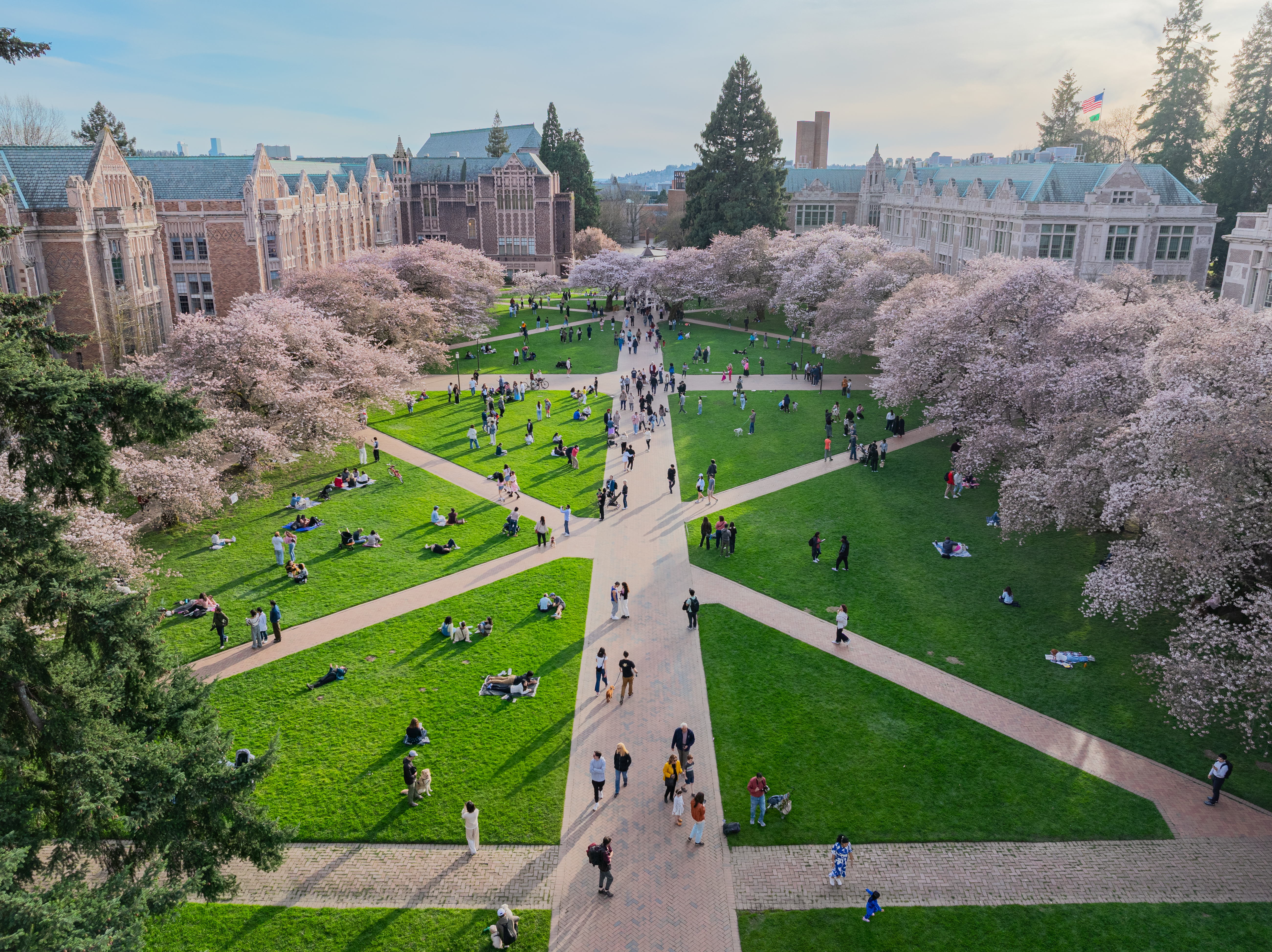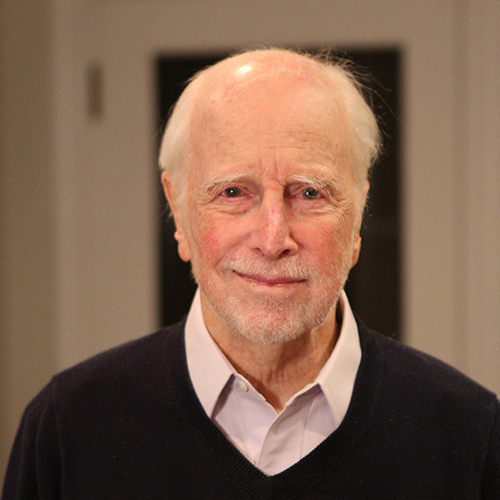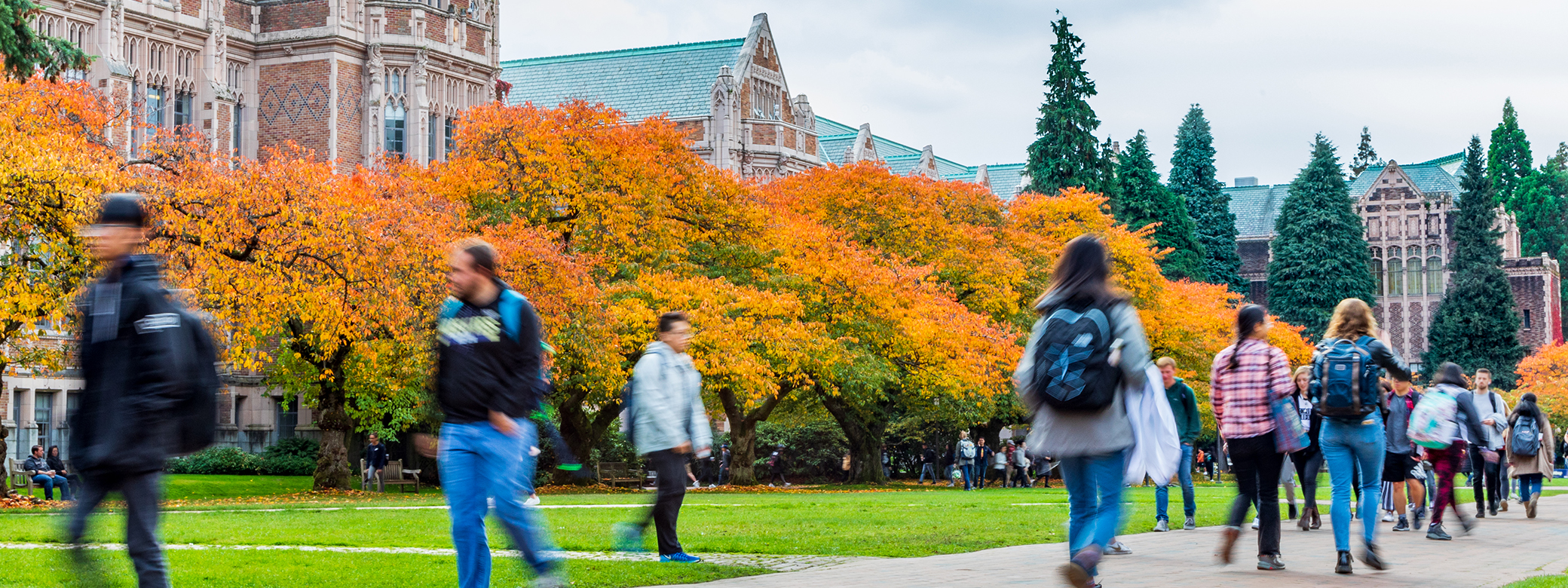-
These two biologists found purpose and love trying to save Nigeria's bats
Biologists Benneth Obitte and Inoro Tanshi are exploring Nigerias bat diversity and trying to save it. Tanshi, postdoctoral researcher in the UW Department of Biology, is quoted.04/11/2025 | Science -
AI can help do your taxes its not as scary as you think
Doing your taxes is technical and boring. Its perfect for AI chatbots. Emily M. Bender, professor of linguistics at the UW, is quoted.04/10/2025 | Vox -
Do AI chatbots truly understand?
The large language models that power todays chatbots have gotten so astoundingly capable, AI researchers are hard pressed to assess those capabilities it seems that no sooner is there a new test than the AI systems ace it. But what does that performance really mean? Do these models genuinely understand our world? Or are they merely a triumph of data and calculations that simulates true understanding? Emily M. Bender, professor of linguistics at the UW, is quoted.04/10/2025 | IEEE Spectrum -
Becoming Boundless
Salma Rashwan, ’26, is majoring in psychology and education. Through the Community Engagement and Leadership Education (CELE) Center's work in tribal and rural partnerships, she’s combining her academic work with her commitment to communities and kids and is a student leader in the Alternative Spring Break program.
04/10/2025 | Undergraduate Academic Affairs -

UW Information School ties for 1st; other UW programs place highly in US News & World Report Best Graduate Schools ranking
The University of Washingtons graduate and professional degree programs were widely recognized as among the best in the nation, according to U.S. News & World Reports 2026 Best Graduate Schools released late Monday.04/07/2025 | UW News -
Why cameras are popping up in eldercare facilities
Roughly 20 states now have laws permitting families to place cameras in the rooms of loved ones. Facility operators are often opposed. Clara Berridge, associate professor of social work at the UW, is quoted.04/07/2025 | The New York Times -
Artists Jonas Wood and Brian Sharp Reflect on the Teacher Who Changed Their Lives
A new show at Sebastian Gladstone places work by the influential teacher and artist Denzil Hurley alongside his former student Brian Sharp (MFA 2001). Sharp talks with his former classmate Jonas Wood (MFA 2002) about their shared education.
04/07/2025 | Cultured -
Philly group remembers gun violence victims through music
William Dougherty, assistant professor of composition in the UW School of Music, is raising awareness about gun violence through “Hearing Philadelphia,” a community music project aimed at honoring the voices of those affected by gun violence and providing healing. Dougherty, who joined the UW faculty in January 2025, started the Healing Philadelphia project two years ago to help his community through music.
04/05/2025 | WHYY/NPR -

Greenwald Receives Frontiers of Knowledge Award
Tony Greenwald, professor emeritus of psychology, is among those honored with a Frontiers of Knowledge Award for developing the Implicit Association Test, an online test that explores our implicit biases.
04/04/2025 | College of Arts & Sciences -
Bonobo calls are more like human language than we thought
Bonobos grunts, peeps and whistles may share an advanced linguistic property with human language. Shane Steinert-Threlkeld, assistant professor of linguistics at the UW, is quoted.04/04/2025 | Scientific American
